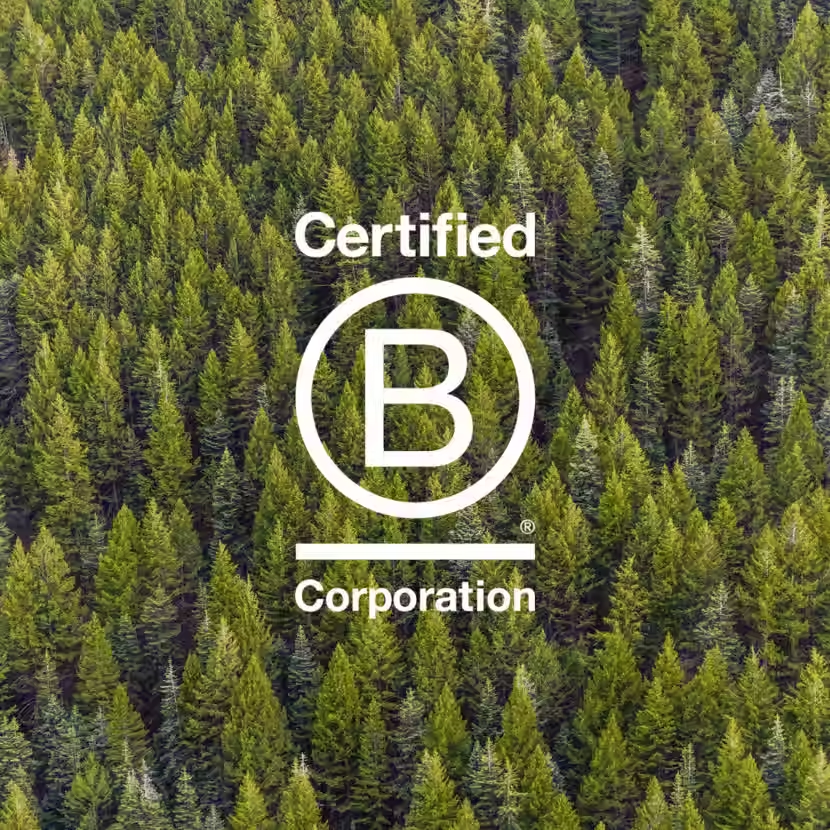isla's Temperature Check Report
- christiannebeck
- May 30, 2023
- 4 min read

Event industry body, isla has released its first ever temperature check report – a deep dive into the sustainable progress of the UK event industry. Analysing carbon and waste data collected via measurement tool, TRACE between 2022 – 2023, this groundbreaking, 33 page report is loaded with emission breakdowns, industry trends and predictions and recommendations.
As event industry sustainability data geeks, we’ve loved every page and recommend the full read, but here's a quick summary for those with a bit less times on their hands.
The good news
We, in the event industry, are at a moment in time where finally we are starting to have enough pieces of the puzzle to make real positive change. We have greater visibility into major emissions sources than ever before, meaning greater visibility into specific event areas and activities that are highly wasteful or carbon-intensive. The industry is smarter than ever and continually improving data collection processes. We’re more engaged with sustainability with more event organisers using measurement tools like TRACE, allowing us to gain more robust insights as an industry and empower more meaningful collective action.
The bad news
In the UK, climate related disasters are becoming more frequent and severe. What’s more, the climate crisis is directly threatening the viability of the UK events industry with destinations of major events increasingly being chosen based on their environmental credentials and climate resilience.
In 2022, the UK experienced its highest recorded temperature of 40.3 degrees, leading to a severe drought and over 24,000 wildfires, causing significant damage including the destruction of 19 homes in London. Beyond weather, business activities have a direct consequence on our health. Climate change and public health are interdependent. Transport emissions significantly contribute to air pollution, nitrous oxide levels in most areas of London exceed WHO guidelines and pose a substantial health risk with links to respiratory and cardiovascular diseases.
The data
The temperature check report analysed TRACE data from 127 UK based events, between April 2022 and January 2023. The total carbon measured from these events was 2,246 tCo2e – that's the equivalent of 11,200 trees growing for 10 years.
The average UK event creates 2t of CO2e and about 6kg of CO2e per guest.
The average volume of waste produced per attendee is 2.14kg - this is almost as much waste as the average UK household produces per day!
Emissions broken down, with and without audience travel:

Focusing your efforts in the right places:
We can see that not all event types share the same emissions percentages. This helps us focus our reduction practices in the right places.
For example it's no surprise that audience travel emissions contribute highly for all kinds of events. However if you take that away you can see for conferences and exhibitions the next biggest contributor is production materials and graphics therefore it would make sense to focus your reduction plans in this area. And for dinners and parties catering is a large contributor.
Whilst every little helps, focusing efforts in high impact areas makes the most sense to accelerate the scale of decarbonation required.

Trends and predictions
Mandatory reporting requirements for sustainability issues - including carbon emissions - for large businesses are on the rise
Reporting on Scope 3 will become mandatory in the EU within the next 12 months impacting large businesses in the UK that operate within the EU
By 2025, large UK businesses will likely be subject to mandatory reporting, impacting the entire supply chain
55% of all meals recorded were meat-free, showing a trend for plant- forward catering
Direct spend to address your approach and impact as a responsible business is proven to improve reputation, increase brand value and improve staff retention
Sharing sustainability challenges and progress - both good and bad - demonstrates authenticity and is playing an increasing role in attracting new clients and strengthening existing relationships
Recommendations
Capture quality data. It’s critical to shaping robust insights and informed decision-making, whilst collaboration and sharing of knowledge and practices within the industry will speed our success
Meat-free meals can reduce emissions by up to 97% per meal, making this one of the easiest and most effective actions to take to reduce carbon emissions
The industry should invest in climate literacy training - the knowledge, skills, and action needed to understand the causes and impacts of global warming and the measures that can be taken to mitigate and adapt to its effects
Conduct an internal audit to understand what teams identify as key challenges and how these can be reframed as business opportunities
Stay in the loop and sign up for isla’s newsletter
The Theory of Change

isla's Theory of Change presents a vision and the process of transforming the event industry to ensure a clean, green, fair future for everyone. It's clear we're at the very beginning stages of this strategic approach, and shifting the practices of an entire industry will not happen overnight. But presenting this step by step process in this way, helps simplify and to identify opportunities, challenges and blue sky ideas to help accelerate our progress.
Today is the time for real positive change. We’re sustainability experts for the events industry and use our unique knowledge of large scale event delivery and carbon measurement to help brands and agencies measure and deliver events sustainably. We also provide consultancy, strategic frameworks and training to build industry knowledge that informs lasting, positive change.
Get in touch if you’re curious about how we can help you operate more sustainably - christianne@worlds-better.co.uk.




Comments